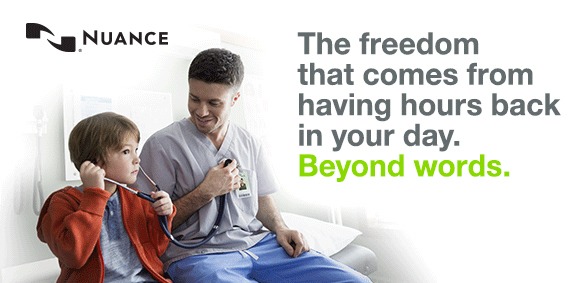
As the kids get back to the new autumn terms and practice teams gear up for the onslaught of rising patient numbers as the nights grow shorter, it would be easy to feel overcome by the burden.
Patient record keeping constitutes a large part of the workload for any practice. Volume, backlog and the quality (completeness and accuracy) of patient and administrative documentation have all been cited as key challenges by practice managers.

UK studies and feedback from GPs using clinical speech recognition integrated into the EPR and other clinical documentation have reported time savings per GP of an hour or more per day. Other benefits include reduced backlog and faster letter turnaround as well as improvements in the quality of patient record keeping. In pure efficiency or cost saving terms the time saved per GP could translate into an additional five to six extra patient appointments per GP per day.
Practice teams can choose to use this added ‘capacity’ in different ways. For example, to time-manage the ‘emergencies’ or ‘extras’ added on the day or to reduce the need to employ a locum, thus freeing up funds to invest back into the practice in other ways.
From a patient-centered and work-life balance perspective the efficiencies delivered by speech recognition present the practice team with the opportunity for instance to: devote more attention to each patient, or to the physical running of the practice, or to dedicate more mental energy to thinking (or thinking differently) about managing and improving the practice for the longer term and perhaps even occasionally getting home on time to relax and spend more time with the family.
Don’t miss a beat – get our autumn Offer here


Be the first to comment